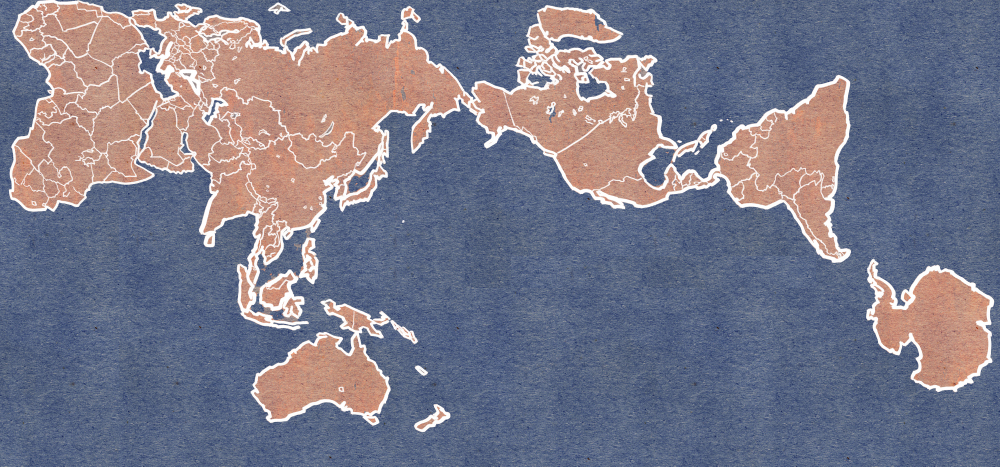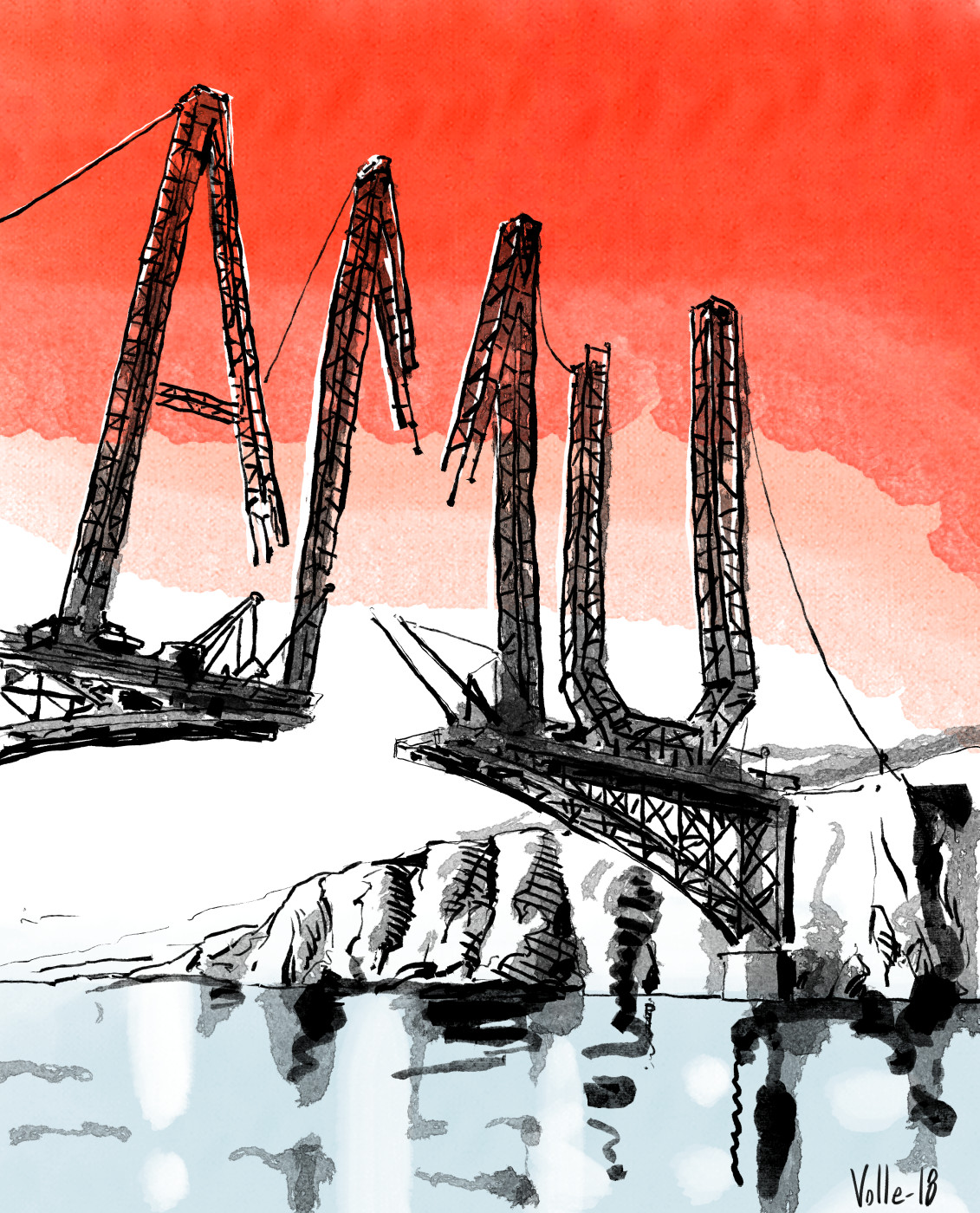Karim Maiche depicts possible good news regarding Maghrebin regional integration.
As in our project Regional Challenges to Multilateralism, there have been discussion on how regional blocs impact on multilateral processes. In the North Africa, on the contrary, regional development is blocked but cooperation takes place in various multilateral platforms. While the disputes between states, depending on context of course, do not disappear, their significance can weaken within larger institutional frameworks.
North Africa or Maghreb, strategically important geographical area between Europe and Africa, can be connected from the larger cultural perspective to the larger Western Mediterranean region. In 1989, the Maghrebin states (Algeria, Libya, Mauritania, Morocco and Tunisia) formed Arab Maghreb Union (AMU) in order to increase possibilities for economic and political cooperation.
The regional process of AMU was major contemporary initiative to launch cooperation in the area, while one should also remember that in the past the North Africa have been integral part of numerous ancient Mediterranean civilizations such as Numidian and Amazigh kingdoms, Carthage, Roman and Byzantine empires, Vandals and Islamic caliphates, only few to mention. The idea of economic union also dates from 1950s after the independence of Morocco and Tunisia.
Today, the intra-trade within Maghreb is one of the weakest in the world. Political disputes have paralyzed economic and social integration and functioning of AMU has been more or less frozen since 1994, when Algeria and Morocco closed their borders after years of rivalry. The biggest obstacle that blocks the regionalism in North Africa and cause dissension between two countries is the conflict of Western Sahara, occupied by Morocco since 1975. Algeria is the most important supporter of the Sahraoui independence movement Polisario while Algeria also hosts thousands of Sahraoui refugees in the refugee camps near Tindouf.
From the larger institutional point of view, Maghreb is part of various multilateral institutions such as United Nations (UN), Organization of Islamic Cooperation (OIC), Arab League (AL), Council of Arab Economic Unity (CAEU) and of course frozen AMU. While the rivalry between Algeria and Morocco is present within various multilateral platforms, they are able to function together without blocking these institutions as in AMU. Last November Morocco made an overture to Algeria, which was according some sources considered in Algeria as “non-event”. However, later on Algeria answered by initiating desire for new attempt to launch AMU.
The re-launch of AMU could lead, if successful, to the reopening of the borders between two countries, especially if the negotiations within the conflict of Western Sahara progress. Nevertheless, Today the economic integration in the area are simultaneously challenged by civil war in Libya, civic unrest in Tunisia and ethnic conflicts in the Sahel area. While there are many reasons and arguments that may justify pessimism, deepening economic interdependence among nations, increasingly more connected through various supply chains and nodes, motivates regionalization in the Maghreb.
Text: Karim Maiche
Illustration: Karstein Volle


